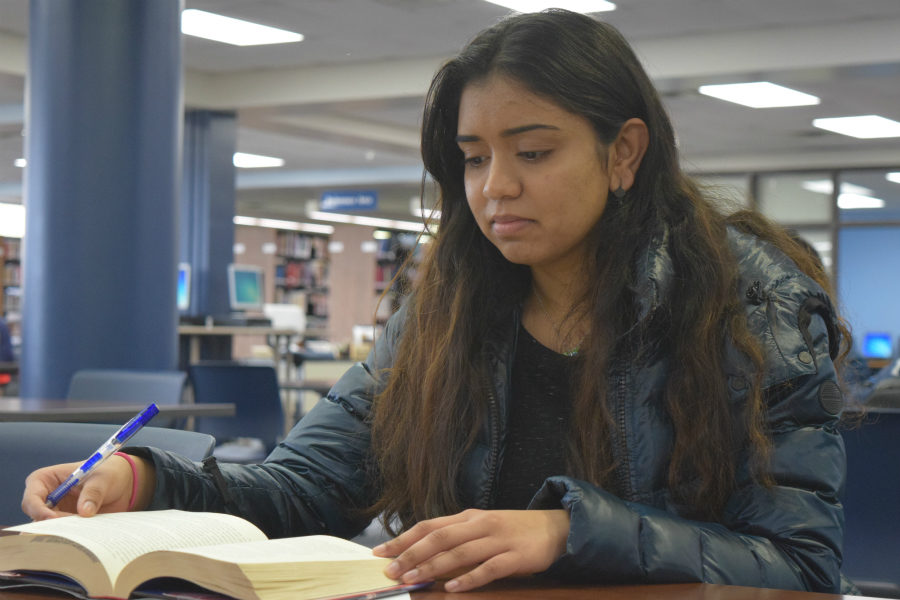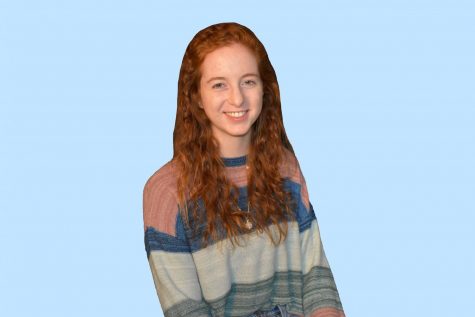After taking her ACT in June of 2017, senior Salomi Inje received a perfect score—a 36 out of 36. Inje was also a National Merit Semifinalist. These accomplishments should have qualified her for automatic Free Application for Federal Student Aid [FAFSA] from most colleges, but because Inje is not a United States citizen, her options are limited.
“My situation is unique because I don’t have my citizenship, so what each school classifies me as tuition wise and scholarship wise is really complicated,” Inje said. “I’m trying to apply to as many good undergrad programs as possible to see what would work best with my situation.”
Inje moved to the U.S. when she was eight years old and has been working towards getting her citizenship since elementary school.
“At one point we were like ‘well is she even going to qualify for national merit if she’s not a citizen?’ because there’s a question that asks if you are or not and that’s such a common thing that kids just take for granted. It can bump you out of the running for things even if you’re allowed to be here and you’re in the process of becoming a citizen,” counselor Jen Wibbenmeyer said.
Finding out she was part of the one percent of students who receive a perfect score on the ACT was an exciting experience for Inje.
“I actually wasn’t expecting my score for a few more weeks but my parents randomly surprised me with it. I thought it was fake at first I was like ‘this is not a funny prank guys!’ but I was really elated because it was hard to believe since it’s such a hard thing to achieve,” Inje said.
At home, Inje plays the violin, piano, ukulele and guitar. At school, she participates in mock trial and debate, where she is a radio captain and competes in speech-based events.
“She is one of those people who creates a plan, focuses on it and knows what she needs to do step by step by step,” Wibbenmeyer said. “You can see that she wants to excel; she is always going above and beyond in her work.”
Although circumstances like Inje’s are uncommon, Wibbenmeyer, along with entire counseling department consisting of Carly Roach, Chris Lorenz, Jen McLane and Jen Spotanski have been to recent conferences that highlighted the focus on international student registration.
“Salomi’s case is so unique because we really don’t have many situations like this. When you go to a college’s website, there’s not usually a clear ‘this is what you should do if you’re not a U.S. citizen’ and it can leave you floundering. There’s no subsection for non-U.S. citizens,” Wibbenmeyer said. “But we’re having a growing number of students in this situation, so maybe in the future, the college application process will be more user-friendly to undocumented students.”
Despite the challenges Inje has encountered, they have not stopped her from applying to Washington University in St. Louis and St. Louis University to earn her Bachelor’s Degree in medicine.
“My eligibility and status as an immigrant without residency have been an issue, but I have faith that my hard work and accomplishments will be recognized,” Inje said.



